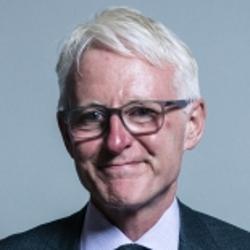Motor Neurone Disease
(asked on 8th December 2014) - View SourceQuestion to the Department of Health and Social Care:
To ask the Secretary of State for Health, what steps he is taking to ensure that people with motor neurone disease have appropriate access to support and equipment in order for their communication needs to be met.
Since 1 April 2013 NHS England has been responsible for commissioning Alternative and Augmentative Communication (AAC) aids for patients with complex disability whose needs require specialised assessment, including for patients with motor neurone disease. Commissioning of non-specialised AAC aids is the responsibility of local clinical commissioning groups.
NHS England has identified an additional £22.5 million funding for AAC and Environmental Controls in 2014-15. A process to identify appropriate providers, and ensure they were able to meet the AAC service specification and standards began in April this year as soon as the budget was confirmed. The specification can be found at:
www.england.nhs.uk/wp-content/uploads/2013/06/d01-com-dis-equ-alt-aug-comm-aids.pdf
The identification of providers was completed in August, and just under £15 million specifically for AAC was transferred to Local Area Team commissioners to agree contracts. During this process, NHS England worked closely with the Motor Neurone Disease Association to ensure that funding was equitably distributed in a fair and consistent manner. The 13 AAC providers selected are in the process of recruiting the required additional specialist therapy staff. Services are already accepting referrals and patients are being prioritised according to their clinical need, with priority being given to patients with life limiting conditions.

